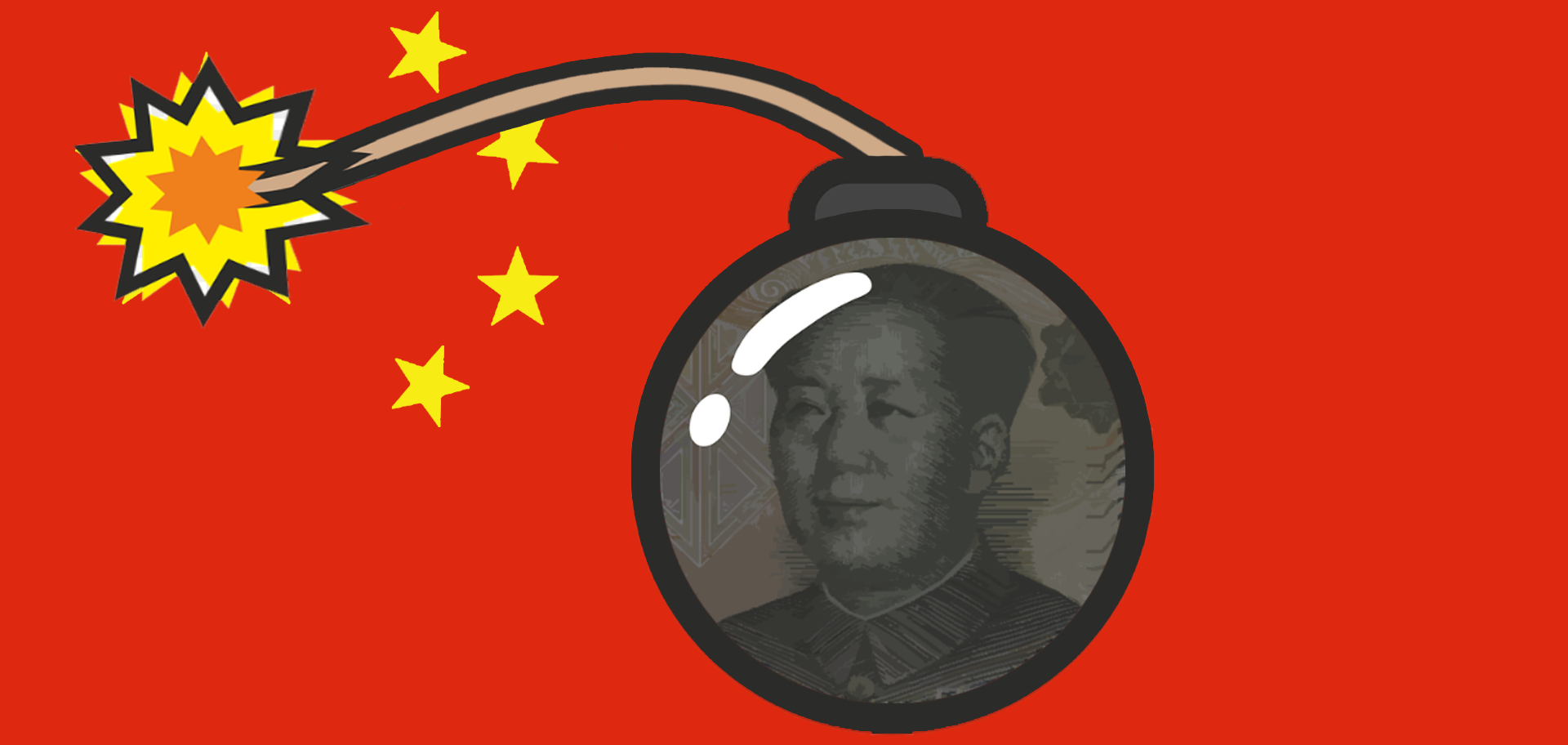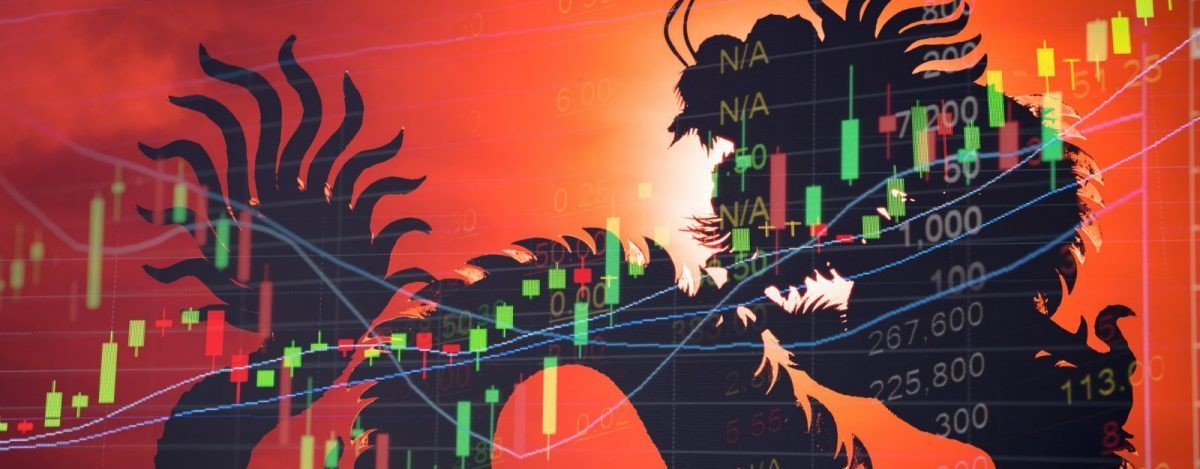Before continuing, we want to make it clear that this article only refers to government debt, also called public debt or national debt. As such: Household debt is not included Corporate debt is not included For more information on the types of debt that are relevant when analyzing a country, we would strongly recommend reading
Economic Sectors
May
- No Comments
China’s Corporate Debt and Recent Default Fears: From Chinese to Global Threat
As mentioned in another article, there are three main types of debt we need to keep in mind when analyzing a country: household debt (mortgages, personal loans, etc.), corporate debt (corporate loans/bonds) and government debt. Ask the average observer what type of debt he/she is least familiar with and, of course, corporate debt will most
May
- No Comments
China’s Bond Market: Sheer Size vs. Unaddressed (or Improperly Addressed) Issues
As explained rather frequently here on ChinaFund.com, it is difficult to find even one metric based on which China is not dominating. For example, at this point in time, the world’s largest banks are Chinese and on a similar note, China has the world’s number two equity market, let’s not even talk about “the usual
Apr
- No Comments
The Next Frontier: China’s Space Travel Ambitions
It is quasi-axiomatic to state that China is interested in eventually becoming the world’s #1 superpower by employing a wide range of strategies: fostering robust domestic consumption and the transition to a model which enables China to leverage its increasingly prosperous middle class, establishing itself as a soft power that represents a desirable trading partner
Apr
- No Comments
Trading Chinese Assets… Over-The-Counter (OTC)?
As mentioned in previous articles, it is becoming easier and easier for the average investor to gain exposure to Chinese assets. In the US for example, there are even over 100 Chinese companies listed on Nasdaq and while things aren’t necessarily as straightforward in other jurisdictions, let’s just say impressive progress is being made across
Apr
- No Comments
(China-Based and Foreign) Market Makers for Chinese Assets: The Good, Bad and Potentially Ugly
As mentioned in the article through which we have put the brokerage dimension of China’s financial services sector under the microscope, foreign investors aren’t always flocking toward Chinese assets such as stocks, not at this point at least, for reasons which vary wildly and go well beyond the scope of this post. Suffice it to
Apr
- No Comments
Choosing a Broker in China and Beyond: Chinese Brokerage Myths Dispelled
China has developed such a track record with respect to being let’s say opaque over its multi-millennia history that this inevitably gave birth to myths which are no longer relevant when it comes to 2020 realities. One such “brokerage myth” revolves around China not wanting foreigners to own Chinese assets and yes, there is some
Apr
- No Comments
United States Pre-2020 Stock Market Euphoria from China’s Perspective
For many US stock market observers and especially participants, “panic” seemed to be a term long-forgotten prior to 2020’s developments. Indeed, the days of Mortgage-Backed Securities and other toxic financial products bringing the worldwide (rather than US-only) financial system to its knees seemed to be behind us, with stock markets flirting with all-time highs and
Apr
- No Comments
Foreign Direct Investments (FDI) vs. Speculative “Hot” Money: China’s Perspective
As of the let’s say very early Deng Xiaoping days, China found itself in a bit of a predicament when it came to the foreign capital inflow variable. More specifically, Deng understood all too well that China (desperately) needed Western capital but for a wide range of reasons (most of which political, of course), this
Apr
- No Comments
China’s Music Industry: Numbers. Constraints. Potential.
This much is certain: a music industry worth north of $50 billion in 2019 ($53 billion or 370 billion yuan, to be more precise) and with a YOY growth rate representing a considerably above-average 8% needs to be taken seriously. Needless to say, the Chinese authorities tend to agree and as such, have prioritized investments











